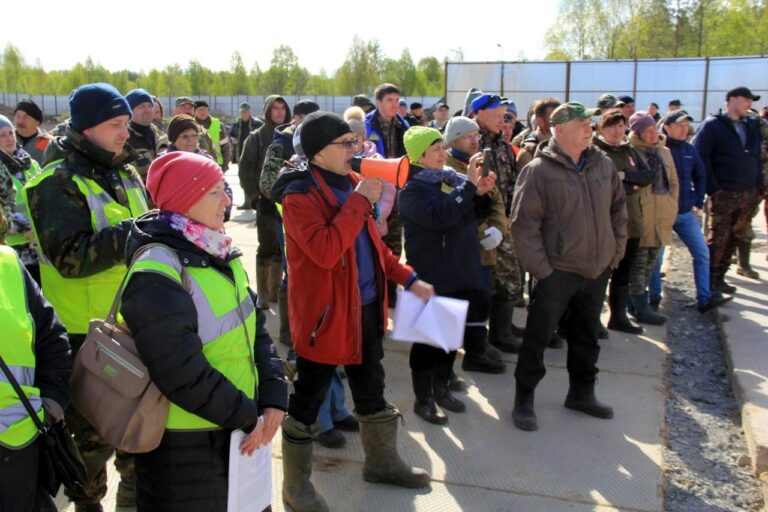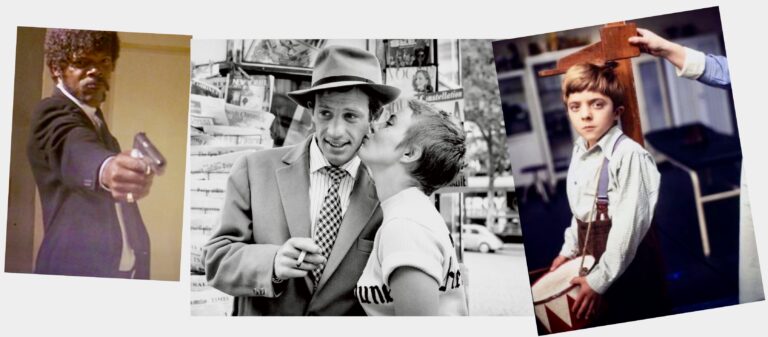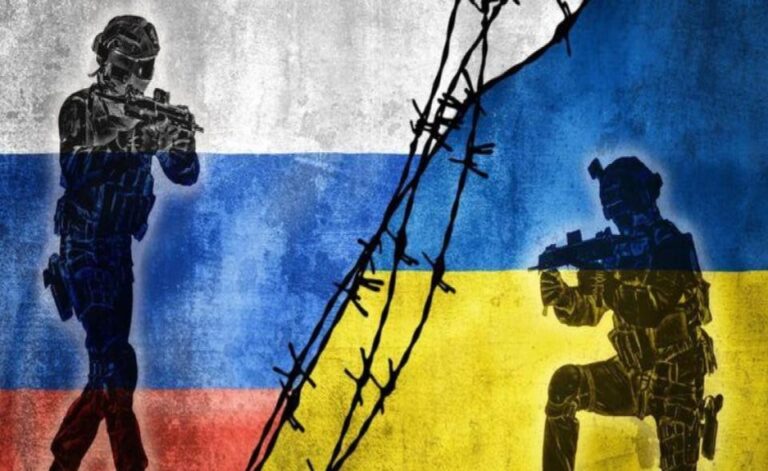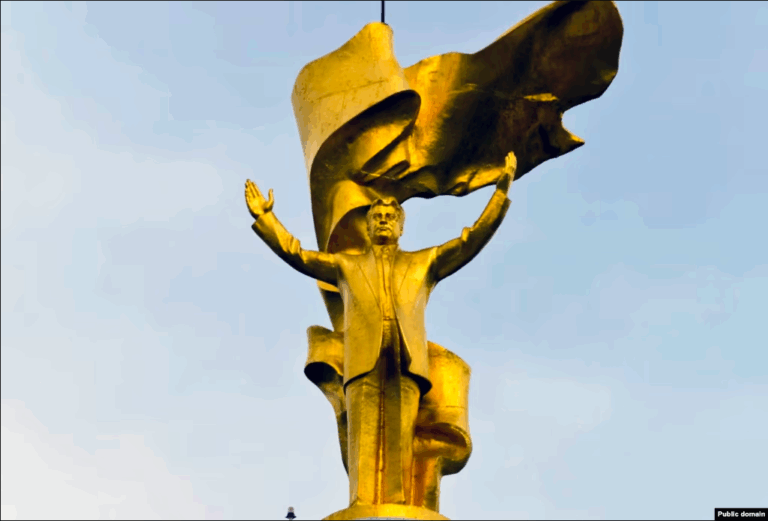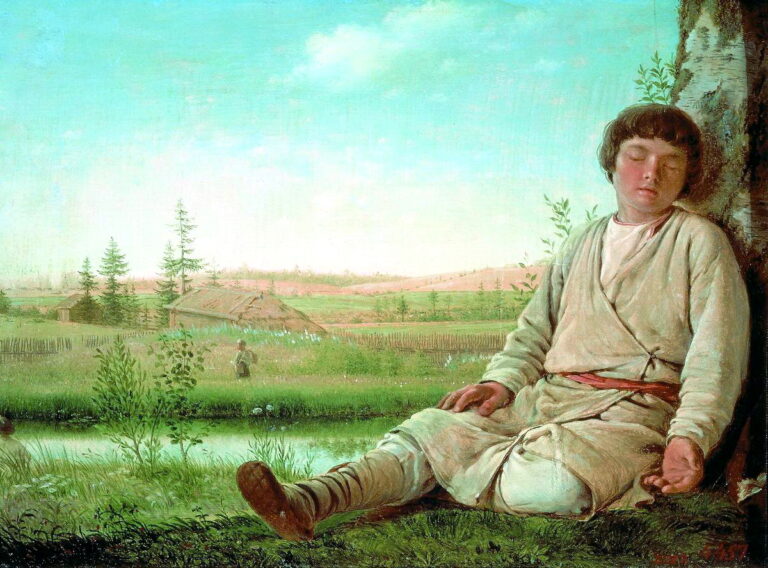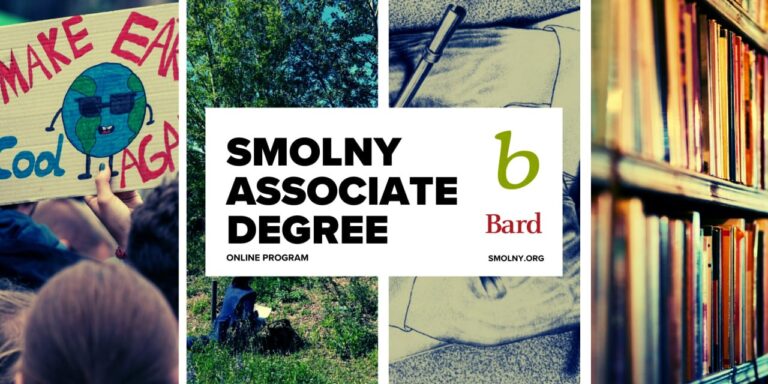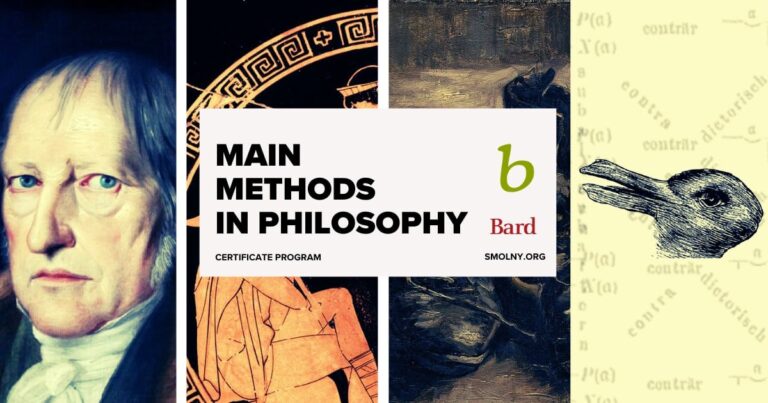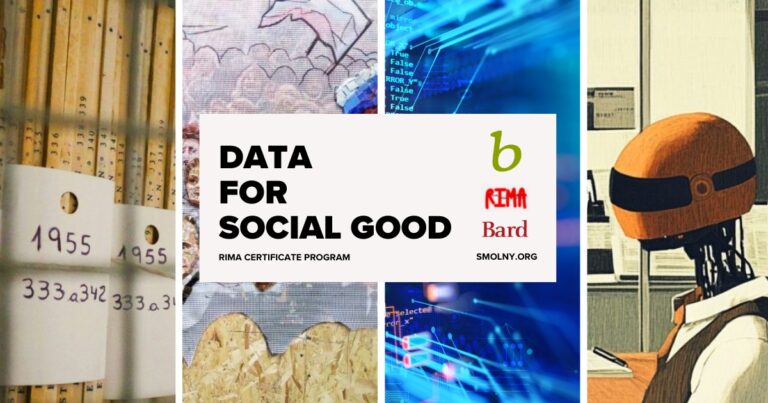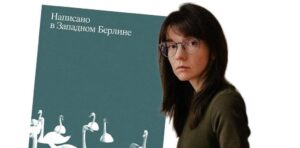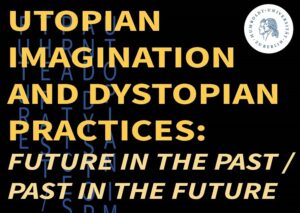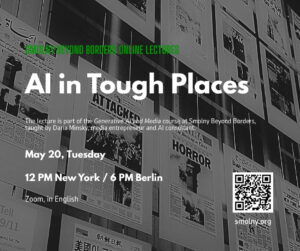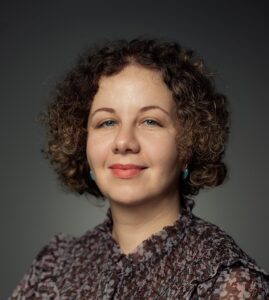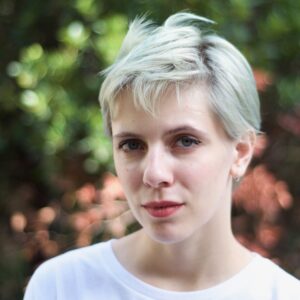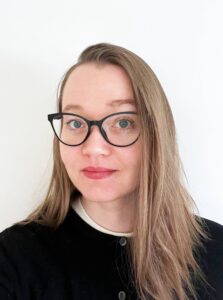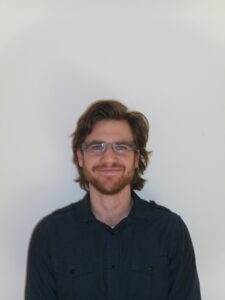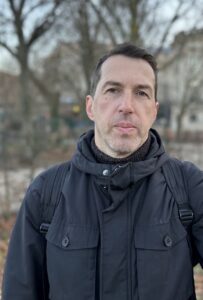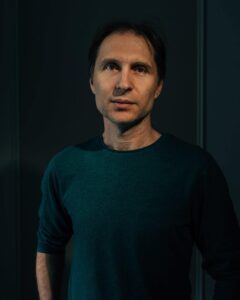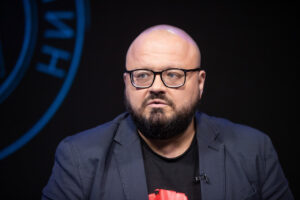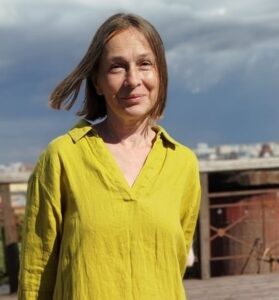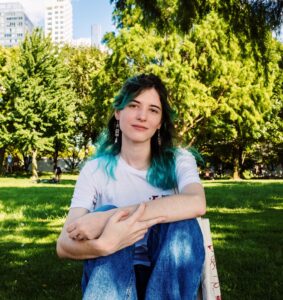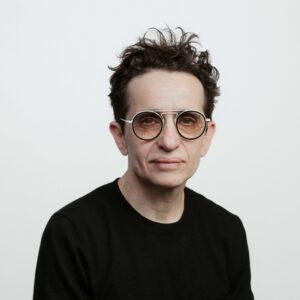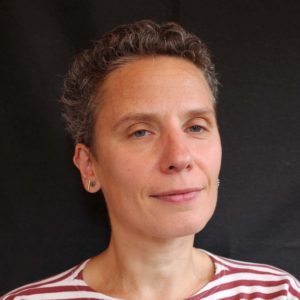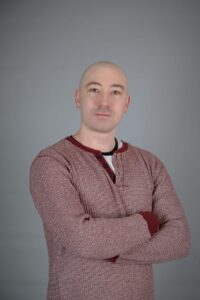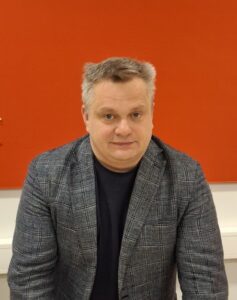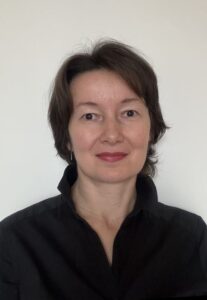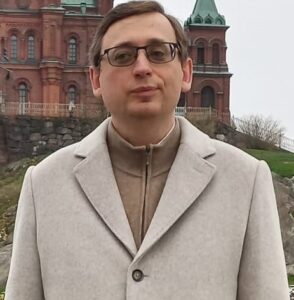News and Opinions
Andrey Rodin on Topological Data Analysis in the Life Sciences
Fibonacci’s Garden 2: The Epistemology and Ethics of Formal Methods in the Sciences, Lübeck (Germany)
Courses (2025-2026)
Public Events
Programs
Smolny Associate Degree Online Program
The Smolny Associate Degree is a two-year online program that represents the first stage of higher education. Upon successful completion, graduates are awarded the Associate of Arts degree from Bard College.Main Methods in Philosophy
This graduate-level certificate program is designed to develop a comprehensive understanding of philosophy and to train the “technical” skills required to practice this challenging discipline.Human Rights
Certificate in Human Rights, available through GHEA21, provides a structured path for students interested in deepening their knowledge and understanding of human rights in theory and practice.RIMA Certificate “Data Science for Social Good”
This certificate program is designed to support researchers and educators who use the Russian Independent Media Archive (RIMA) in their work.
Book Launch: Written in West Berlin by Larissa Muravieva
June 17, 19:00 | Babel Books Berlin
Friendship Screenings. № 1: Masha Godovannaya
Monday, 9 June, 2025
Utopian Imagination and Dystopian Practices: Future in the Past / Past in the Future
June, 6 - 7, 2025 Gagarin Center Conference at HU
Open Lecture – AI in Tough Places
Tuesday, 20 May, 2025
Faculty
Archive
About
A group of former Smolny College faculty with the support of Bard College in Annandale-on-Hudson, NY, and Bard College Berlin (BCB) established Smolny Beyond Borders (SBB) in November 2022, a liberal arts initiative that continues and builds upon the legacy of Smolny College (formerly a joint program of St. Petersburg State University and Bard College), the longest-running dual degree program between any Russian and American institution.
Smolny Beyond Borders aims to recreate Smolny institutionally, but independently of St.Petersburg State, and establish not only a structure of support for the faculty who left Russia, but provide opportunities to attract, teach, and recruit new students and to sustain the successful practices formerly recognized at Smonly College to build the Russia of the future. The program will provide multi-level educational and research opportunities to equip the next generation of students and faculty with the tools to rebuild and promote a different trajectory for Russia that holds the country responsible as part of the global community.
About Smolny College
Smolny College was a long-term collaboration between St. Petersburg State University and Bard College in Annandale-on-Hudson, New York. After its founding in 1997, it became both the largest liberal arts program in Russia and the most robust Russian-American partnership in the higher education sphere. In the summer of 2021, the Prosecutor’s Office of the Russian Federation declared that Bard College is an undesirable organization, the first college or university to be so named. This began the dismantling of Smolny, which has since undergone the loss of faculty and curricular changes that have rejected the very idea of liberal arts and sciences education.
The Gagarin Center for the Study of Civil Society and Human Rights (Gagarin Center at Bard College) allows Russian scholars forced to leave Russia as a result of the war on Ukraine, and risks of political persecution, continue to pursue research and educational activities focused on contemporary social, economic, and human rights issues in Russia. Previously, the Gagarin Center, supported by the Gagarin Trust, was a core component of Smolny College. The Center and its fellows offered courses, prepared research on vital issues, offered public programming, and served as a venue for the critical exchange of ideas.
